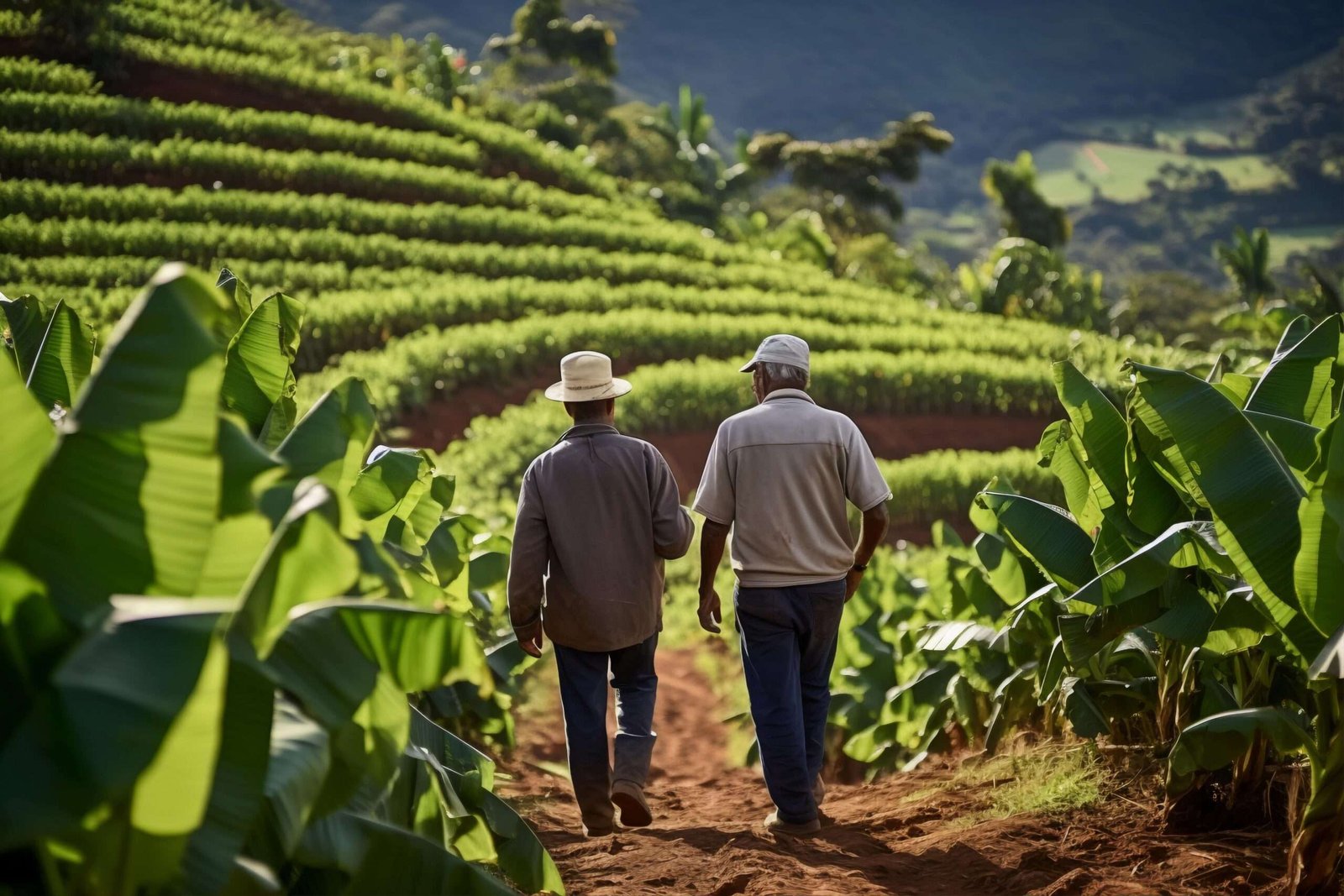Empathy, Solutions, and Support
Farming is a way of life for millions of people worldwide, but it is not without its struggles. Farmers face numerous challenges that can impact their livelihoods and well-being. Recognizing these challenges and providing practical solutions and support is essential for the agricultural community.
- Climate Change and Environmental Stress:
Climate change is one of the most significant threats to agriculture today, causing unpredictable weather patterns, droughts, floods, and extreme temperatures. These changes can devastate crops and livestock, leading to significant financial losses. To combat these challenges, farmers are turning to climate-smart practices, such as using drought-resistant crop varieties, implementing water-saving irrigation techniques, and adopting conservation tillage to improve soil health. Additionally, embracing agroforestry and cover cropping can enhance biodiversity, reduce erosion, and increase resilience against climate-related impacts. - Economic Pressures and Market Volatility:
The global agricultural market is highly volatile, with prices for crops and livestock fluctuating based on supply and demand, trade policies, and global economic conditions. This volatility can make it difficult for farmers to plan and manage their finances effectively. To mitigate these economic pressures, farmers can explore contract farming arrangements, which provide guaranteed prices for their products, or participate in cooperatives that offer collective bargaining power and shared resources. Diversifying crops and exploring niche markets, such as organic or specialty products, can also provide more stable income streams. - Labor Shortages:
Many farming operations struggle with a shortage of skilled labor, especially during peak seasons. This labor shortage can lead to increased costs and reduced productivity. To address this issue, farmers can invest in automation and mechanization, such as using robotic harvesters or automated feeding systems, to reduce the reliance on manual labor. Additionally, creating partnerships with local educational institutions to train and attract young people to agriculture can help build a future workforce. - Mental Health and Well-being:
Farming can be an isolating and stressful occupation, with long hours, physical demands, and the constant pressure to succeed. Mental health issues, such as depression and anxiety, are common among farmers but often go unaddressed due to stigma or lack of access to resources. It’s crucial to raise awareness about mental health in the agricultural community and provide support systems, such as counseling services, helplines, and peer support groups. Building strong community networks and encouraging open conversations about mental health can help farmers feel less isolated and more supported. - Access to Technology and Resources:
While modern agriculture techniques offer numerous benefits, not all farmers have access to the necessary technology or resources to implement them. This digital divide can leave small-scale and rural farmers at a disadvantage. To bridge this gap, governments and organizations can provide training programs, financial assistance, and access to affordable technology. Establishing rural innovation hubs and demonstration farms can also help farmers learn about and adopt new practices that can improve their productivity and sustainability.
By understanding and addressing these challenges, we can create a more supportive and resilient agricultural community. Solutions that combine empathy with practical support will empower farmers to overcome obstacles and continue their vital work of feeding the world



